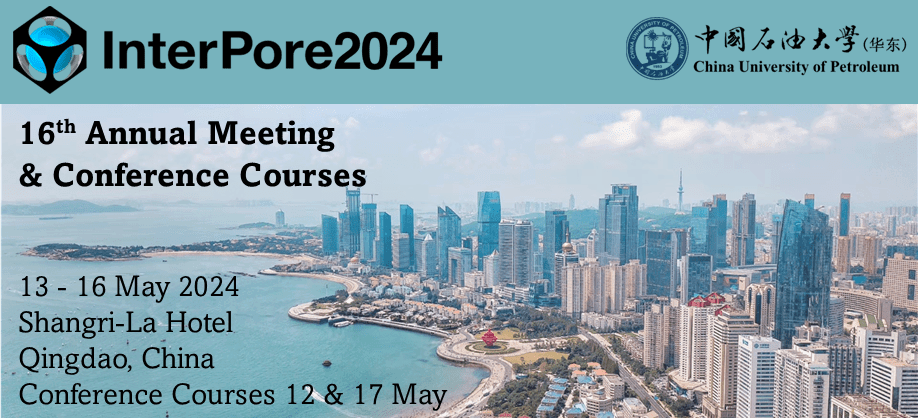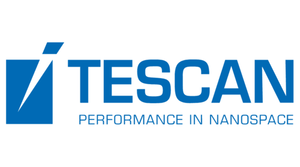Speaker
Description
Nanoparticle-enhanced carbonated water (NP-enhanced CW) is a novel and promising injection agent for coupled enhanced heavy oil (HO) recovery and CO2 storage. The main objective of this study is to investigate the interfacial tension reduction mechanism by nanoparticles (NPs) at HO-CW interface from molecular dynamics approaches. The influences of NPs on the Interfacial tension of HO-CW systems under reservoir conditions were studied. In addition, the influences of NP type, NP concentration, CO2 concentration, pressure, and temperature were investigated and the enhanced oil recovery mechanisms of nanoparticle-enhanced CW were also discussed. The results revealed that the ability of the five NPs to reduce the IFT of the HO-CW systems was as follows: SiO2 NPs > Al2O3 NPs > TiO2 NPs > Fe NPs > CuO NPs. The interfacial tension value of the HO-CW system decreased by 39.69 % due to the presence of SiO2 NPs. An optimal NP concentration existed to decrease the interfacial tension of the HO-CW systems. The interfacial tension values of the HO-CW systems in the presence of SiO2 NPs decreased with increasing the CO2 concentration, temperature, and pressure. This study is helpful in deeply understanding the microscopic mechanisms of NPs affecting the interfacial tension of HO-CW systems during the injection processes of NP-enhanced CW. The results also provide a valuable reference for the injection of the NP-enhanced CW as a new technology to enhance HO recovery and underground storage of CO2.
| Country | China |
|---|---|
| Conference Proceedings | I am interested in having my paper published in the proceedings. |
| Acceptance of the Terms & Conditions | Click here to agree |




.jpg)
